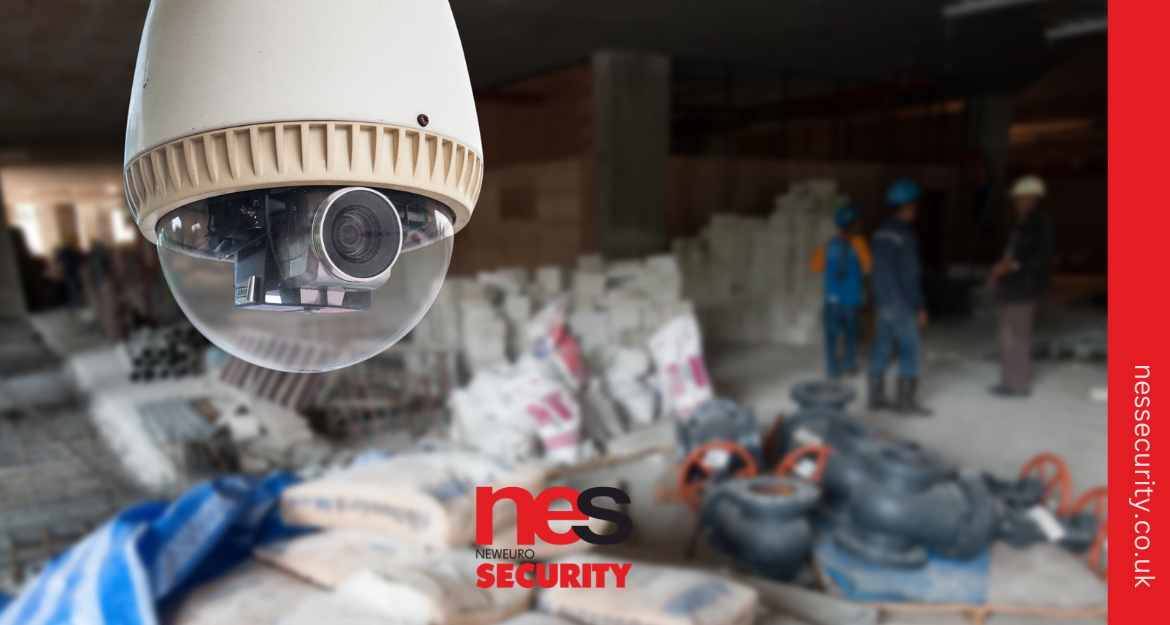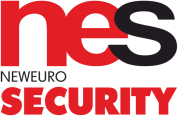In today’s modern workplaces, the presence of Closed Circuit Television (CCTV) systems is becoming increasingly common. These systems serve various purposes, such as enhancing security, preventing theft, and ensuring the safety of employees. However, concerns arise about whether CCTV can be misused to spy on staff, infringing on their privacy rights. In this article, we will delve into this topic, exploring the ethical considerations, legal regulations, and best practices surrounding the use of CCTV in staff monitoring.
Understanding the Purpose of CCTV in the Workplace:
CCTV systems are primarily implemented to maintain a secure and safe environment within the workplace. They act as a deterrent to potential criminal activities and provide evidence in the event of an incident. The purpose of CCTV is to protect both the employees and the company’s assets, ensuring a sense of security for all stakeholders.
Privacy Considerations and Legal Regulations:
When using CCTV in the workplace, it is essential to respect the privacy rights of employees. Various legal regulations govern the use of CCTV, such as the Data Protection Act and the General Data Protection Regulation (GDPR). These regulations outline the need for informed consent, the protection of personal data, and the necessity of a legitimate purpose for monitoring.
Maintaining a Balance between Security and Privacy:
Finding the right balance between security and privacy is crucial when implementing CCTV systems. It is important to strike a balance that ensures the safety of employees without excessively intruding upon their privacy. Employers should consider the specific security needs of their workplace and implement CCTV systems accordingly while respecting employee privacy rights.

Transparency and Communication in CCTV Usage:
To address concerns and maintain transparency, it is vital for employers to communicate openly with their staff about the presence and purpose of CCTV systems. Clearly explaining the reasons for surveillance, the benefits it offers, and how it aligns with legal requirements helps establish trust and mitigate any potential misunderstandings.
Establishing Clear CCTV Policies and Guidelines:
Creating comprehensive policies and guidelines regarding CCTV usage is crucial for ensuring ethical and responsible monitoring practices. These policies should clearly outline the purpose of surveillance, the areas covered, who has access to the footage, how long it is retained, and the steps taken to protect employee privacy.
Proper Placement and Coverage of CCTV Cameras:
Strategic placement and coverage of CCTV cameras are essential to maximise security while minimising potential privacy infringements. Cameras should be positioned in public areas, such as entrances, exits, and communal spaces, rather than in private areas such as restrooms or changing rooms. Regular assessments should be conducted to ensure cameras are capturing the necessary footage without encroaching on private spaces.
Employee Awareness and Education on CCTV Systems:
Promoting employee awareness and education about CCTV systems is crucial for fostering a positive and transparent work environment. Providing training sessions or informational materials can help employees understand the purpose of CCTV, their rights, and how to report any concerns related to privacy or misuse of surveillance.
Monitoring and Accessing CCTV Footage:
Strict controls should be in place to limit access to CCTV footage only to authorised personnel. Monitoring should be conducted for legitimate purposes, such as investigating security incidents or criminal activities. Employers should ensure that access to the footage is restricted, logged, and monitored to prevent any unauthorised use.

Ethical Use of CCTV in Staff Monitoring:
Employers have a responsibility to utilize CCTV systems ethically and responsibly. Staff monitoring should focus on ensuring safety, preventing security breaches, and maintaining productivity. It is important to avoid using CCTV to excessively monitor employees’ personal lives or engage in unjustified surveillance.
Nes Security: Promoting Ethical and Secure CCTV Solutions:
When it comes to implementing CCTV systems that prioritise ethical practices and respect employee privacy, Nes Security is your trusted partner. With their expertise and commitment to providing secure solutions, Nes Security can help you choose and install CCTV systems tailored to your specific security needs. They understand the importance of maintaining a balance between security and privacy, ensuring that your staff and workplace are protected while upholding ethical standards.
CCTV systems have their place in maintaining security and safety in the workplace. However, it is crucial to use them responsibly and ethically, considering the privacy rights of employees. By understanding the purpose of CCTV, adhering to legal regulations, and implementing transparent policies, employers can create a secure work environment without compromising privacy. Nes Security stands ready to assist you in selecting and installing the right CCTV systems that align with your security needs and respect the privacy of your staff.


